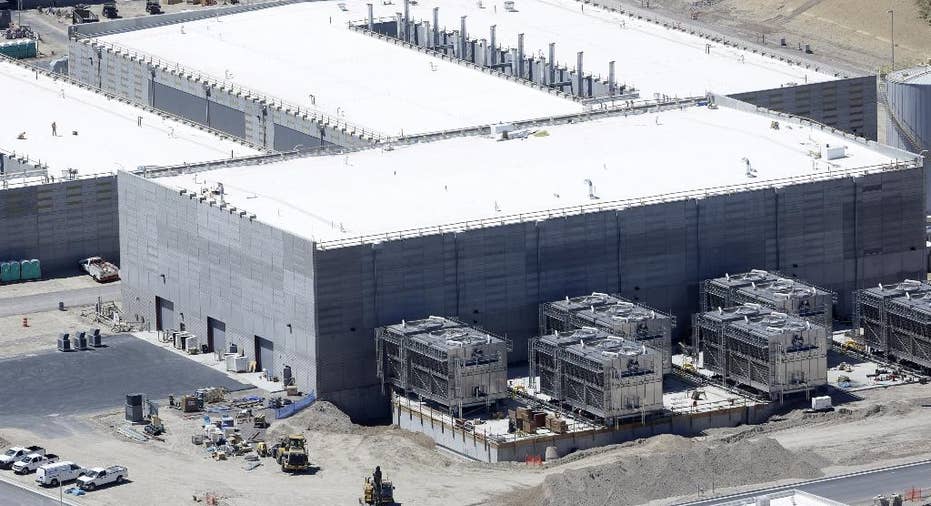Lawmaker questions whether city water should be shut off to National Security Agency center

SALT LAKE CITY – A Utah lawmaker concerned about government spying on its citizens is questioning whether city water service should be cut off to a massive National Security Agency data storage facility outside Salt Lake City.
Republican Rep. Marc Roberts, of Santaquin, said there are serious questions about privacy and surveillance surrounding the center, and several Utah residents who spoke at a legislative committee hearing Wednesday agreed.
During the last legislative session, lawmakers opted to hold off on Roberts' bill to shut off the facility's water and decided to study it during the interim.
"This is not a bill just about a data center. This is a bill about civil rights," web developer Joe Levi said. "This is a bill that needs to be taken up and taken seriously."
Pete Ashdown, founder of Salt Lake City-based Internet provider XMission, called the center a stain upon the state and its technology industry. "I do encourage you to step up and do something about it," he said.
Lawmakers said they aren't considering shutting down $1.7 billion facility, but the committee chair acknowledged the concerns and said there might be another way to get the point across. "We may look at some type of strong message to give our representatives to take back to Congress," said Republican Sen. David Hinkins, of Orangeville.
The NSA's largest data storage center in the U.S. was built in Utah over 37 other locations because of open land and cheap electricity. The center sits on a National Guard base about 25 miles south of Salt Lake City in the town of Bluffdale.
NSA officials said the center is key to protecting national security networks and allowing U.S. authorities to watch for cyber threats. Beyond that, the agency has offered few details.
The center attracted much discussion and concern after revelations last year that the NSA has been collecting millions of U.S. phone records and digital communications stored by major Internet providers.
Cybersecurity experts say the nondescript Utah facility is a giant storehouse for phone calls, emails and online records that have been secretly collected.
Outside the computer storehouses are large coolers that keep the machines from overheating. The coolers use large amounts of water, which the nearby city of Bluffdale sells to the center at a discounted rate.
City records released earlier this year showed monthly water use was much less than the 1 million gallons a day that the U.S. Army Corps of Engineers predicted the center would need, causing some to wonder if the center was fully operational.
NSA officials have refused to say if the center is up and running after its scheduled opening in October 2013 was stalled by electrical problems.
City utility records showed the NSA has been making monthly minimum payments of about $30,000 to Bluffdale. The city manager said that pays for more water than the center used.
The state of Nevada shut off water to the site of the proposed Yucca Mountain nuclear waste dump 90 miles northwest of Las Vegas in 2002, after months of threats.
The project didn't run dry because the Energy Department built a 1-million-gallon tank and a small well for the site. Department officials said the stored water, plus 400,000 gallons stored in other tanks at the Nevada Test Site, provided time for scientists to continue experiments and design work at the site.
___
Associated Press writer Michelle Price contributed to this report.



















